Knight Fellows
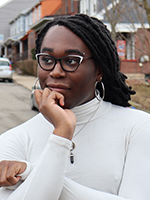
Aurelia Augusta (Fall '21)
Ph.D Candidate in Societal Computing, Software and Societal Systems
5000 Forbes Avenue
Pittsburgh, PA 15213
Bio
Aurelia Augusta is a 3rd year Ph.D. student in the Societal Computing program at CMU. Prior to her Ph.D. she got her Bachelor's and Master's in Computer Science with a specific focus on large scale data processing from Harvard University. Between her Master's and Ph.D., she worked as a software engineer at Snowflake Computing and Twitch. She is proudly a Black trans non-binary femme who looks to make pathways for marginalized folks in tech.
Description of Research:
Aurelia Augusta is a Ph.D. student studying the ways that online society fails and/or produces harm. She focuses on issues of online harassment, problem internet use, and content moderation using methods ranging from qualitative interviewing to mixed methods analysis to machine learning model engineering

Daniele Bellutta (Fall '20, Spring '21)
Graduate Research Assistant, Software and Societal Systems
5000 Forbes Avenue
TCS Hall
Pittsburgh, PA 15213
Bio
Daniele Bellutta was raised in both the Los Angeles area and the Trentino province of Italy, where he was born. He holds bachelor's degrees in computer science and political science from The Ohio State University as well as a master's degree in computer science from Dartmouth College. He has interned at such places as NASA's Jet Propulsion Laboratory and has conducted research in diverse fields, including radar mapping and terrorist network analysis. Currently, he is a doctoral student in the societal computing program in the School of Computer Science at Carnegie Mellon University, where his research applies network science to topics such as online disinformation.
Description of Research:
Daniele Bellutta's recent research has focused on assessing the influence of bots in Twitter conversations about national elections. His project for the fellowship seeks to model user actions as a vehicle for measuring the effects of online misinformation on user behavior. Such research strives to fill in the gap of knowledge surrounding misinformation's actual impact on people.

Janice Blane (Spring '22)
Graduate Student Researcher, Software and Societal Systems
5000 Forbes Avenue
Pittsburgh, PA 15213
Bio
Description of Research:
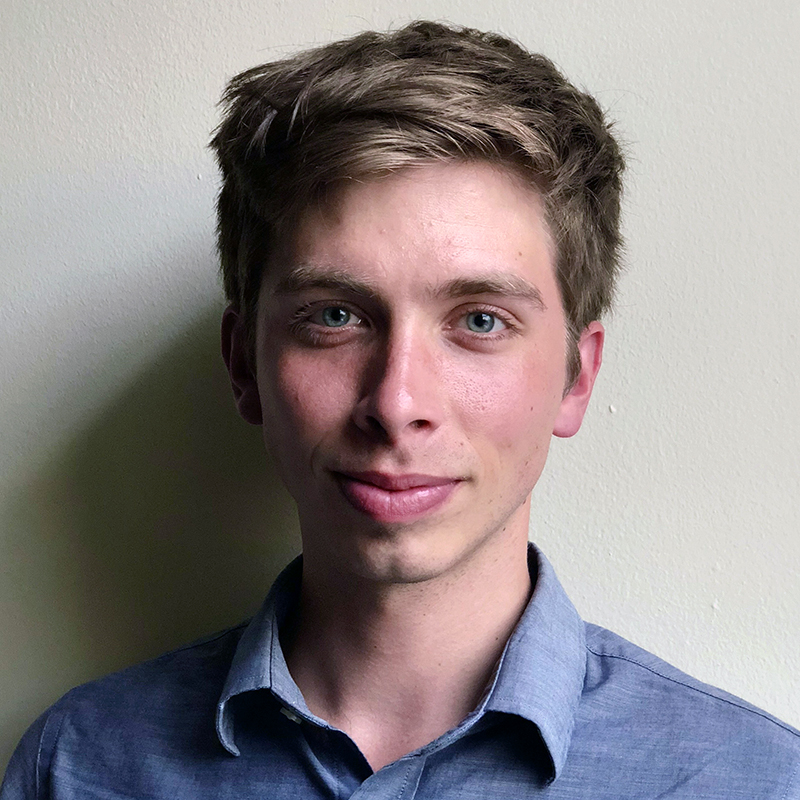
Mason Broxham (Spring '22)
Graduate Student Researcher, Philosophy
5000 Forbes Avenue
Pittsburgh, PA 15213
Bio
Mason Broxham is from Elgin, Illinois and enjoys debates about whether Pittsburgh is a part of the mid-west. He is a 4th year PhD student in the Philosophy Department where he studies philosophy of language. Prior to attending CMU, Mason completed an MA in philosophy at Northern Illinois University, where he worked on theories of truth, metaethics, and political philosophy. Prior to this he completed his BA in economics at Augustana College.
Description of Research:
Mason's interests are in philosophy of language and social epistemology with particular emphasis on representations of shared information, how we communicate information to one another, how that information is structured, and what affects our ability to access and reason with it. He wants to better understand what factors contribute to polarization in online information spaces. Mason is working on modeling the effects of content moderation with evolutionary game theory.

Cori Faklaris (Fall '20)
Doctoral Student Researcher, Human-Computer Interaction Institute
5000 Forbes Avenue
Pittsburgh, PA 15213
Bio
Description of Research:
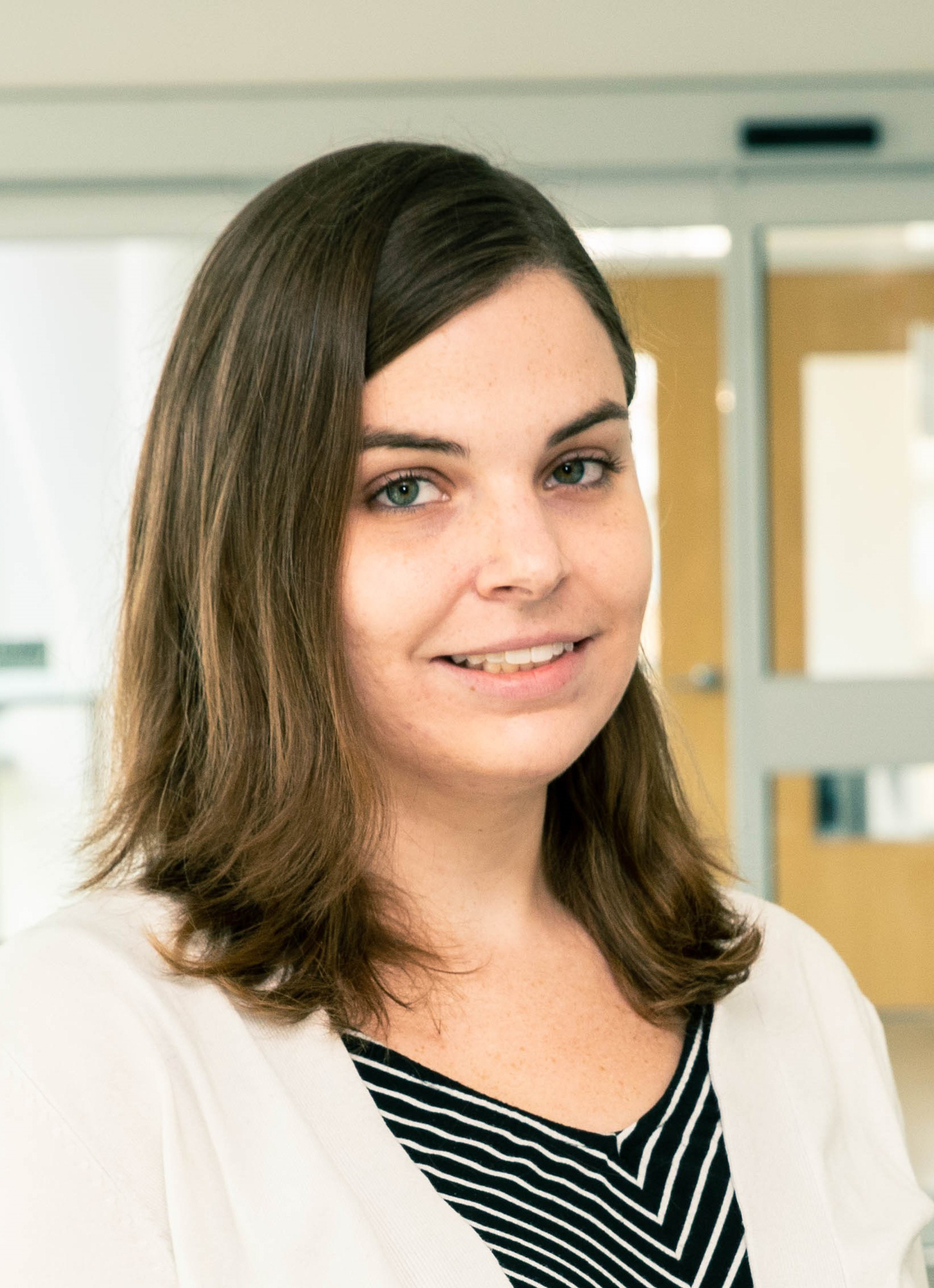
Catherine King (Fall '20, Spring '21)
Graduate Student Researcher, Software and Societal Systems
5000 Forbes Avenue
TCS Hall
Pittsburgh, PA 15213
Bio
Catherine King is a Ph.D. student in Societal Computing at Carnegie Mellon University advised by Dr. Kathleen Carley. Before coming to CMU, she earned a BS in Mathematics and an MS in Computational Operations Research at The College of William and Mary. She worked for a few years in industry before deciding to attend CMU to obtain her Ph.D. While her research interests have changed over time, she has always been interested in understanding technology's impact on society and applying her modeling skills to real-world systems.
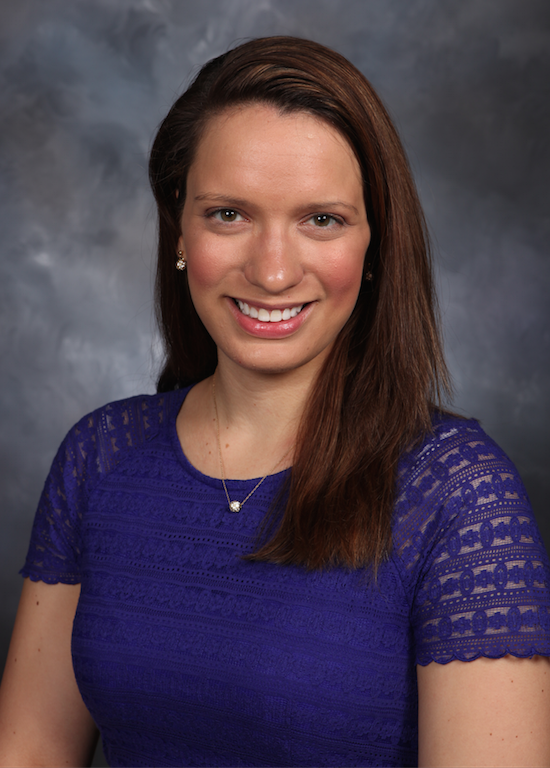
Christine Lepird (Fall '20 Spring '22)
Graduate Student Researcher, Software and Societal Systems
5000 Forbes Avenue
TCS Hall
Pittsburgh, PA 15213
Bio
Christine Sowa is a Societal Computing PhD student at Carnegie Mellon University where I’m advised by Dr. Kathleen Carley in CASOS. Prior to CMU, she worked for the Johns Hopkins University Applied Physics Lab where she earned my masters in Computer Science at night and as a data scientist at Wayfair where she created recommender systems. Christine earned her BS from MIT where she double majored in Math and Management Operations Research.
In her spare time, she enjoys swimming with her Masters team, doing house repair projects, and spending time with her dog, husband, and two cats. She is originally from Media, Pennsylvania.
Description of Research:
Christine's primary area of research is in social network analysis - a field of study that investigates social structures through ties of various strengths. I investigate suspicious network behavior on platforms like Reddit and Facebook in order to differentiate between organic communities and malicious networks that post fake news.
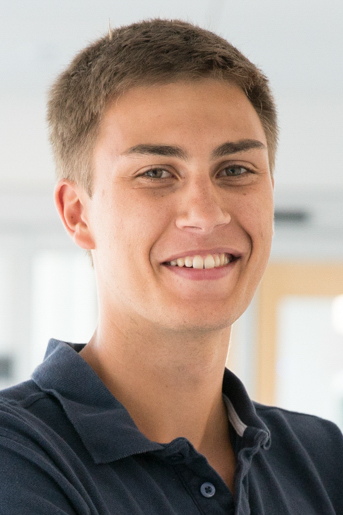
Thomas Magelinski (Fall '20 Spring '22)
Graduate Student Researcher, Software and Societal Systems
5000 Forbes Avenue
TCS Hall
Pittsburgh, PA 15213
Bio
Thomas Magelinski is a fourth-year PhD. Student in Societal Computing advised by Professor Kathleen Carley. His research falls at the intersection of Network Science, Dynamical Systems, and Machine Learning. Specifically, his work seeks to leverage network dynamics to better understand social media discourse. He received an ARCS foundation scholarship in 2017 to support this work. He obtained the Honors Baccalaureate Degree in Engineering Science and Mechanics from Virginia Tech in 2017, with minors in Math and Physics. His undergraduate thesis focused on computational models of military air drop systems.
Description of Research:
Tom is currently working on developing and applying dynamic community detection methods for multipartite networks to Twitter discourse. The goal is to find and characterize communities propagating misleading information. Specifically, he is the investigating the spread of untrustworthy news articles in the COVID-19 discussion, and the Reopen America campaign.
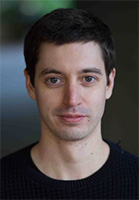
James Michelson (Spring '21)
PhD candidate in Logic, Computation and Methodology, Philosophy
5000 Forbes Avenue
Pittsburgh, PA 15213
Bio
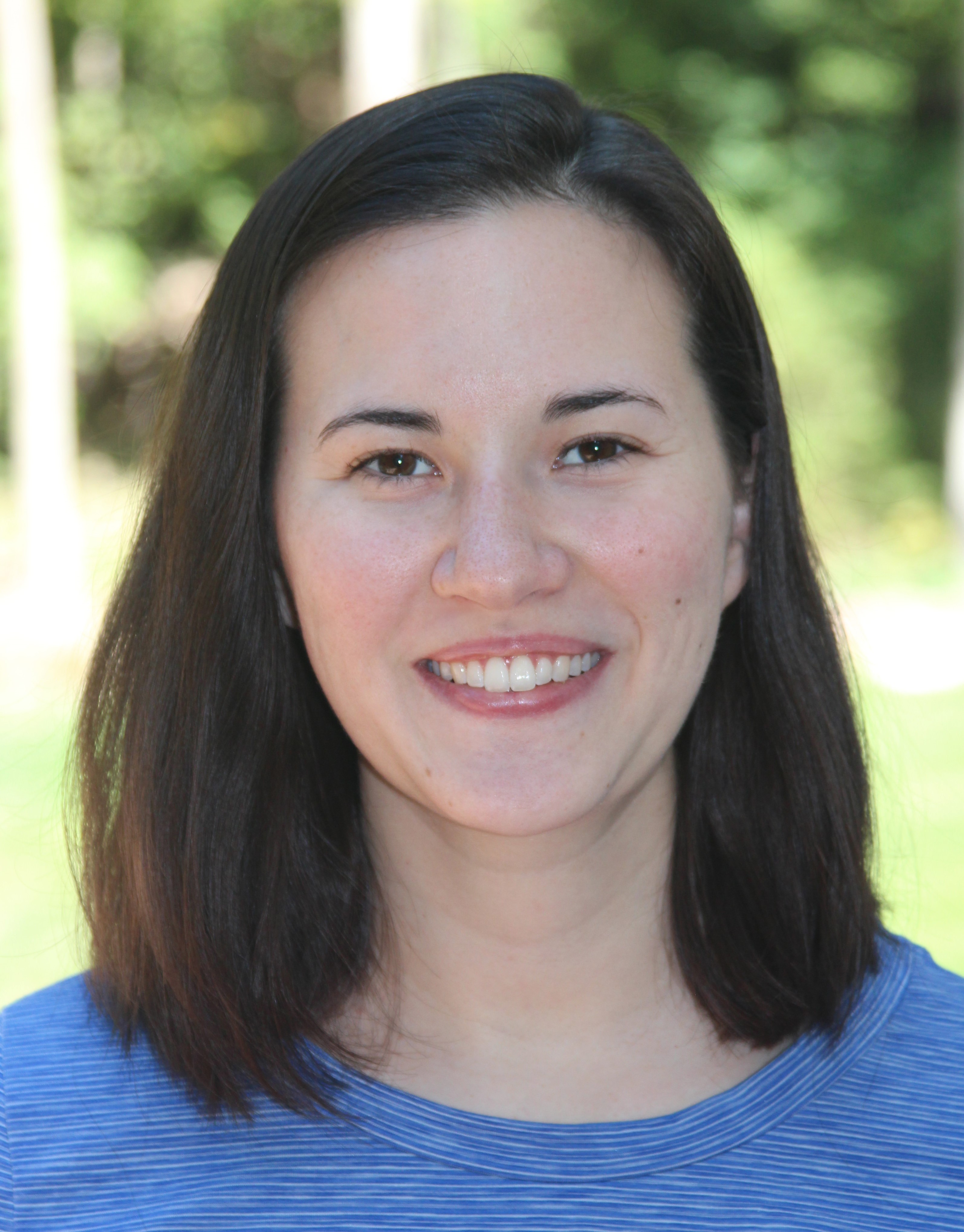
Isabel Murdock (Spring '21, Fall '21)
Graduate Student Researcher, Electrical and Computer Engineering
5000 Forbes Avenue
Pittsburgh, PA 15213
Bio
Isabel Murdock is a Ph.D. student in Electrical and Computing Engineering at Carnegie Mellon University and is advised by Dr. Kathleen M. Carley and Dr. Osman Yağan. She received her B.S. and M.S. degrees in Electrical and Computer Engineering from CMU, while completing Air Force ROTC at the University of Pittsburgh. She has interned at the Software Engineering Institute and National Reconnaissance Office, and enjoys volunteering with STEM-focused outreach programs for local middle and high school students.
Description of Research:
Isabel's research focuses on the multi-platform spread of information over social media. Specifically, she is interested in building models that accurately reflect how information propagates between social media platforms and analyzing the potential impact of different intervention strategies on the spread of misinformation.
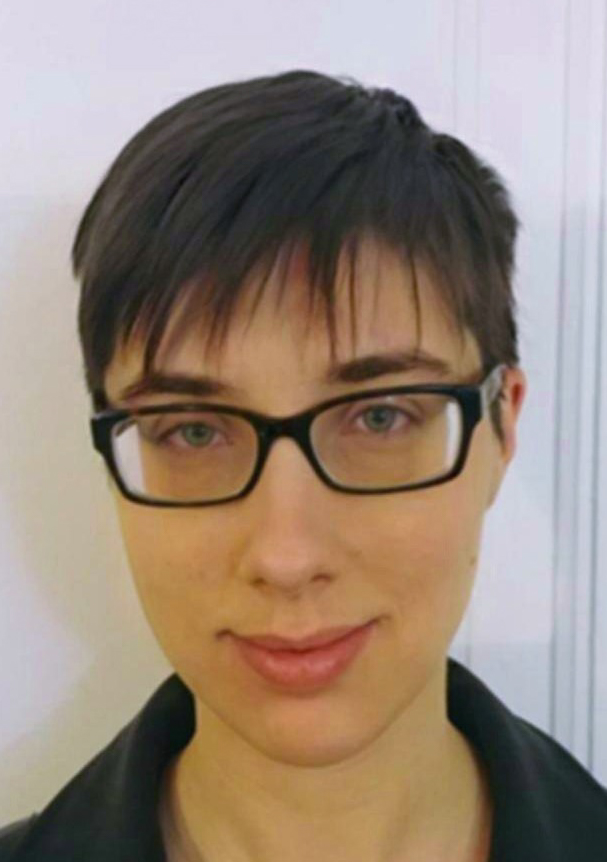
Jack Parker (Fall '20)
PhD Candidate, Philosophy
- Doherty Hall 4301-F
5000 Forbes Avenue
Pittsburgh, PA 15213
Bio
Jack Parker is a PhD student in the CMU Philosophy Department, researching the ethics of behavioral influence via operant conditioning. They are broadly interested in ethical issues related to changing technology, as well as topics in political philosophy and philosophy of disability. Previously, they have worked on questions related to scientific and statistical inference.
Description of Research:
My research explores the ethical significance of using reinforcement learning to influence human behavior, by cultivating or distorting preferences. I focus on two potential sources of cyber-mediated influence: preference cultivation by online services seeking to increase user engagement, and preference distortion by recommender systems.
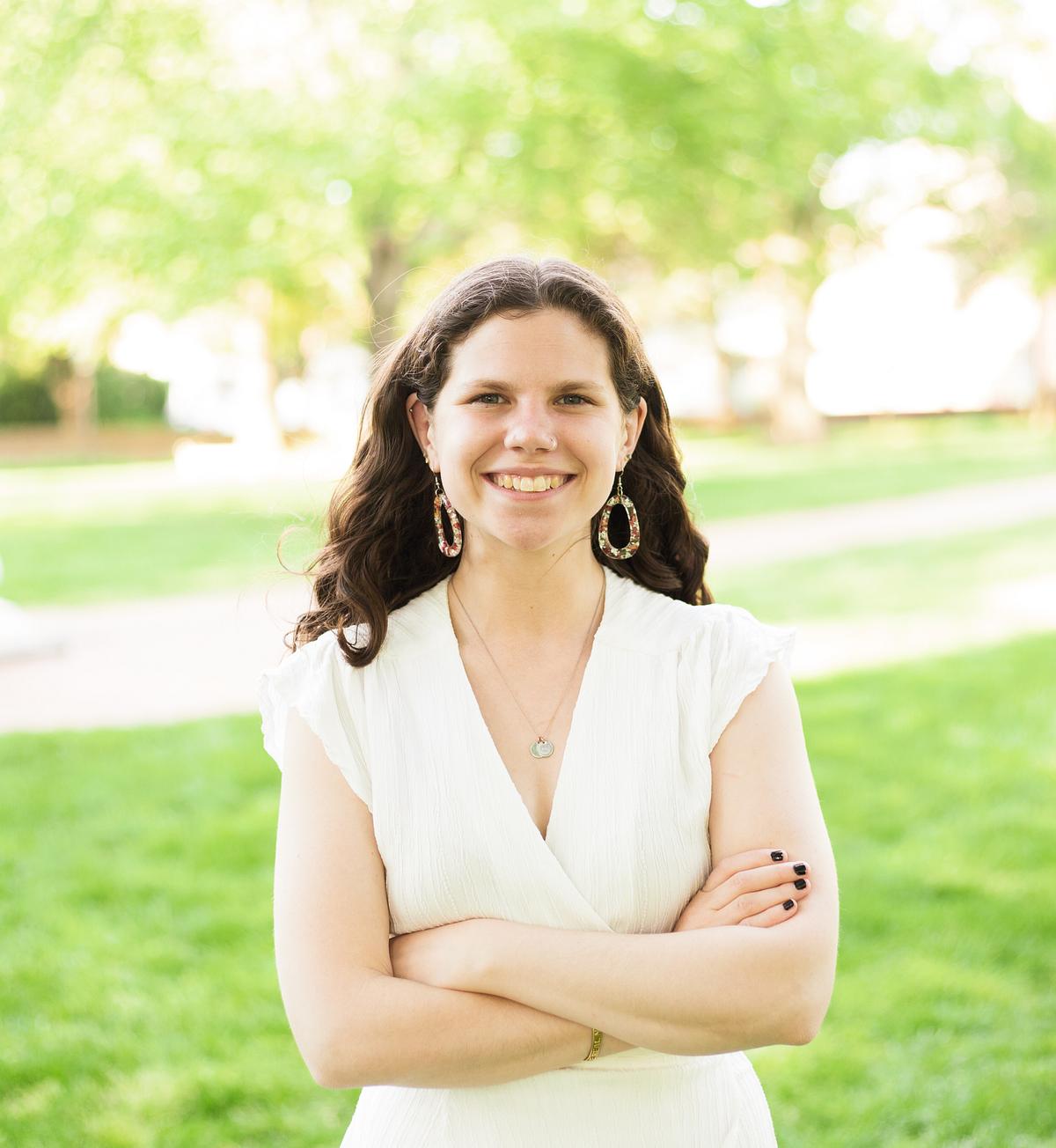
Samantha Phillips (spring '22)
Graduate Student Researcher, Engineering and Public Policy
5000 Forbes Avenue
Pittsburgh, PA 15213
Bio

Sakthi Kumar Arul Prakash (spring '22)
Ph.D. Candidate, Mechanical Engineering
5000 Forbes Avenue
Pittsburgh, PA 15213
Bio
Sakthi Kumar Arul Prakash is a Ph.D. candidate in Mechanical Engineering at Carnegie Mellon University since Fall 2019. He is currently advised by Dr. Conrad S. Tucker. Prior to joining Carnegie Mellon, he received his Master’s degree in Industrial Engineering from the Pennsylvania State University. In addition to his research, he is extremely passionate about teaching science and discussing the applications of science.
In his free time, Sakthi enjoys reading, exercising, hiking, and hanging out with friends.
Description of Research:
Sakthi’s research at CMU focuses on modeling physical phenomena such as dynamics of objects in physics simulations as well as social phenomena such as spread of misinformation using tools from probability, graph theory, machine learning and optimization.
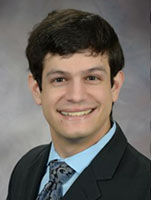
Christopher Rodriguez (Spring '21 Spring '22)
Graduate Student Researcher, Behavioral Marketing & Decision Research
5000 Forbes Avenue
Pittsburgh, PA 15213
Bio
Chris Rodriguez is a PhD student in Behavioral Marketing & Decision Research at Carnegie Mellon University in the Tepper School of Management and the Department of Social and Decision Sciences where he is advised by Danny Oppenheimer. His interests revolve around how people make judgements and decisions in a variety of contexts, from everyday life to large financial decisions. Prior to this, he received his BA in Economics from Yale University.
Description of Research:
Chris' current research aims to develop better bot detection techniques. Bots can propagate information of dubious reliability and contaminate data in online social science research. With the advancement of bots, more and more bots are able to pass standard detection methodologies. With an approach grounded in psychology, Chris aspires to design better procedures to differentiate between humans and bot.
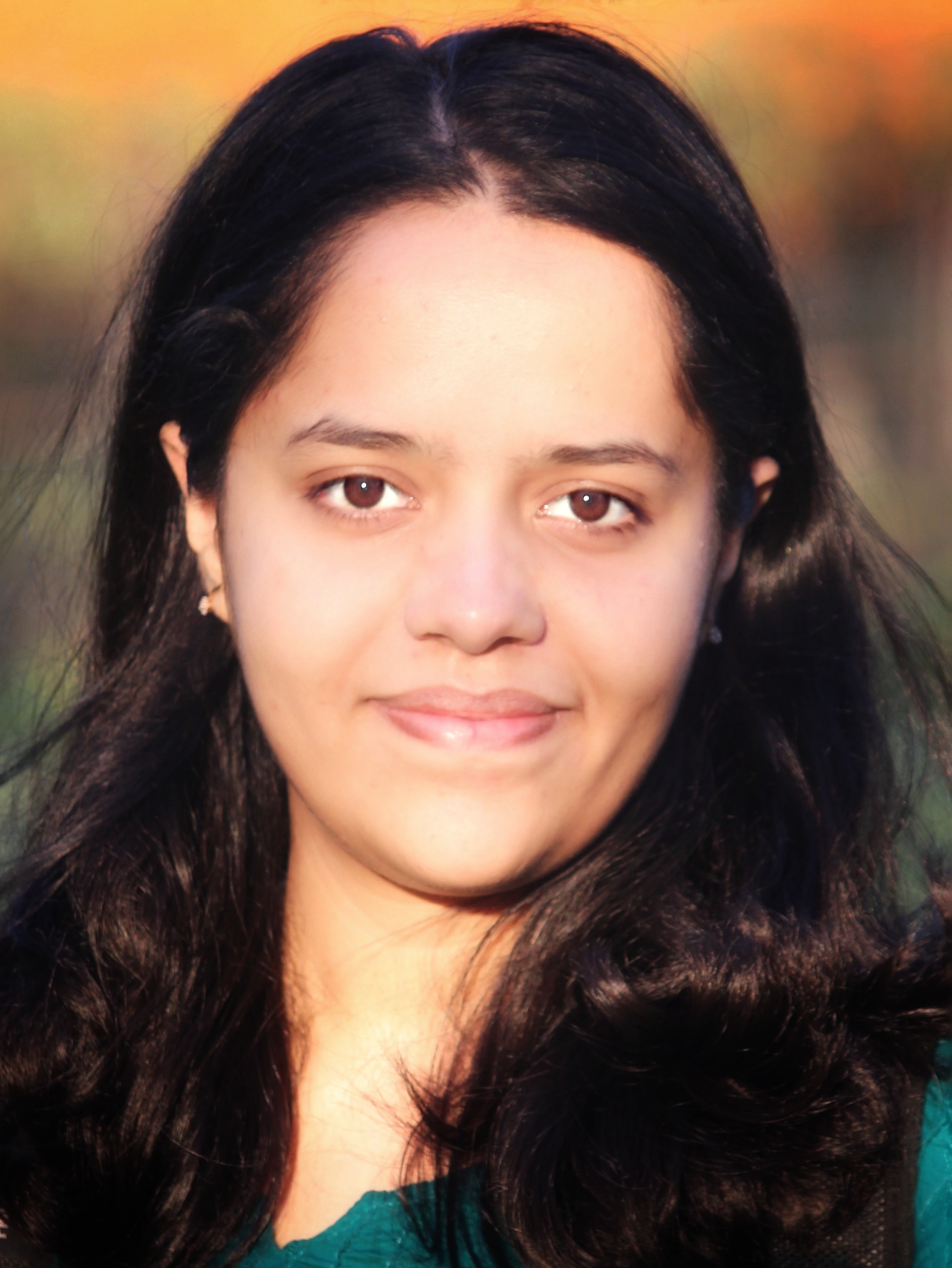
Mansi Sood (Fall '20, Spring '22)
PhD Candidate, Electrical and Computer Engineering
5000 Forbes Avenue
Pittsburgh, PA 15213
Bio
Mansi Sood is a Ph.D. student in Electrical and Computer Engineering at Carnegie Mellon University since Fall 2018 advised by Prof. Osman Yağan. Before this, she completed her Bachelors and Masters in Electrical Engineering with a Minor in Design from the Indian Institute of Technology Bombay India. Mansi's research interests span network science, machine learning, and optimization. She is a recipient of the Best Paper Award at the IEEE International Conference on Communications. In addition to her passion for research and teaching, she is an avid visual artist and engages in community programs for making science and art more accessible to diverse audiences.
Description of Research:
Mansi's research at CMU focuses on two main themes: analyzing spreading processes over real-world networks and designing securely connected ad-hoc networks

Jeremy Straughter (Fall '21 Spring '22)
Graduate Student Researcher, Software and Societal Systems
5000 Forbes Avenue
Pittsburgh, PA 15213
Bio
Jeremy Straughter is a Ph.D. student in Societal Computing at Carnegie Mellon University, advised by Dr. Kathleen Carley. He is a commissioned officer in the United States Army where he works in the field of operations research. His research intersects the fields of public policy, network science, and computer science.
Description of Research:
Jeremy’s research leverages network science and computational methods to address complex policy issues. His current research considers efficient methods for measuring the policy burden imposed by government entities and detecting overlapping communities of government regulations. His research also considers the implications of government’s strategic communications on social cybersecurity theory and practice.
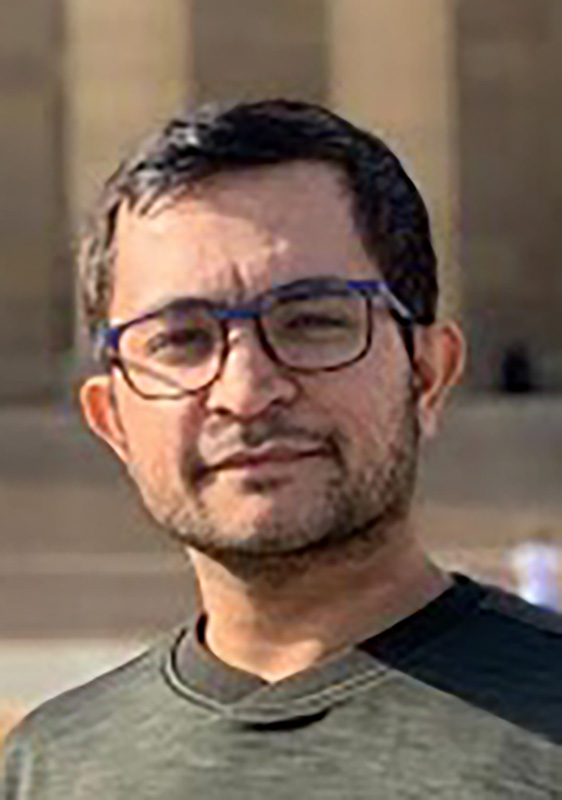
Aman Tyagi (Fall '20)
Graduate Student Researcher, Engineering and Public Policy
5000 Forbes Avenue
Pittsburgh, PA 15213
Bio
Aman Tyagi is a Ph.D. student in Engineering and Public Policy, CMU, where he is advised by Prof. Kathleen M. Carley. He is part of the Center for Computational Analysis of Social and Organizational Systems (CASOS) and Center for Informed Democracy & Social - cybersecurity (IDeaS). His research interests lie in the intersection of network analytics, natural language processing, and political science. Previously, he has worked on targeted advertisements in next-generation TV. He completed his Masters from CMU and did his undergraduate in ECE from IIIT-H.
Description of Research:
Aman Tyagi's research work focuses on polarization, fake news, and media bias on social media. As part of his thesis, he is developing tools to find bias and polarization in climate change debate on social media to inform policymakers about appropriate messaging.

Joshua Uyheng (Spring '21 Spring '22)
Graduate Student Researcher, Software and Societal Systems
5000 Forbes Avenue
Pittsburgh, PA 15213
Bio
Joshua Uyheng is a third-year PhD student in societal computing at Carnegie Mellon University. He is advised by Dr. Kathleen Carley at the Center for Computational Analysis of Social and Organizational Systems (CASOS). His research combines machine learning, network science, and social and cognitive psychology to examine the large-scale dynamics of hate speech and disinformation on social media platforms. He is especially interested in comparative work focused on the Asia-Pacific and the Global South. Previously, he has conducted research on human-in-the-loop modelling and computational social systems at Heidelberg University and the Nara Institute of Science and Technology. He holds an MS in societal computing from Carnegie Mellon University, and undergraduate degrees in mathematics and psychology from the Ateneo de Manila University. He hails from the Philippines.
Description of Research:
Josh’s current research uses social identity theory and constructural theory to conceptualize online hate speech in terms of the narrative and network dynamics of groups. His work develops computational methods which characterize the prevalence and targets of hate speech, the properties of hateful communities, and how these processes are exploited by bots and trolls in the context of information operations. He specifically investigates these issues across diverse online conversations around national elections, natural disasters, social unrest, and the COVID-19 pandemic. Through his research, he aims to expand global and interdisciplinary understandings of the problem of hate speech, and ultimately illuminate new directions for making digital platforms more resilient to violence and conflict.
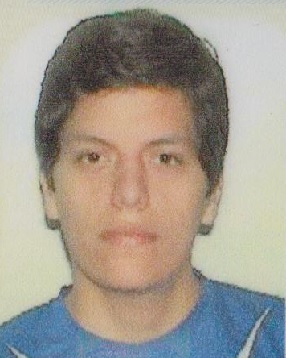
Ramon Villa-Cox (Fall '20, Spring '21)
Graduate Student Researcher, Software and Societal Systems
5000 Forbes Avenue
TCS Hall
Pittsburgh, PA 15213
Bio
Ramon Villa-Cox is a graduate student researcher at the Institute for Software Research at Carnegie Mellon University. His advisor is Kathleen M. Carley.
